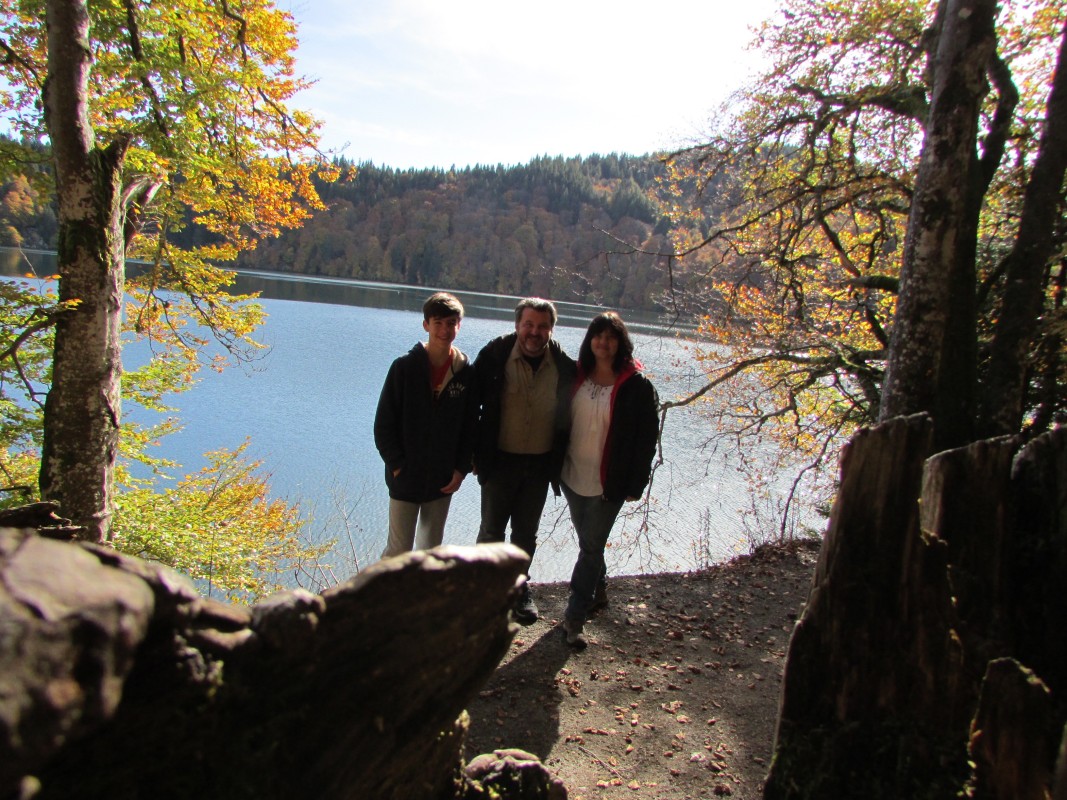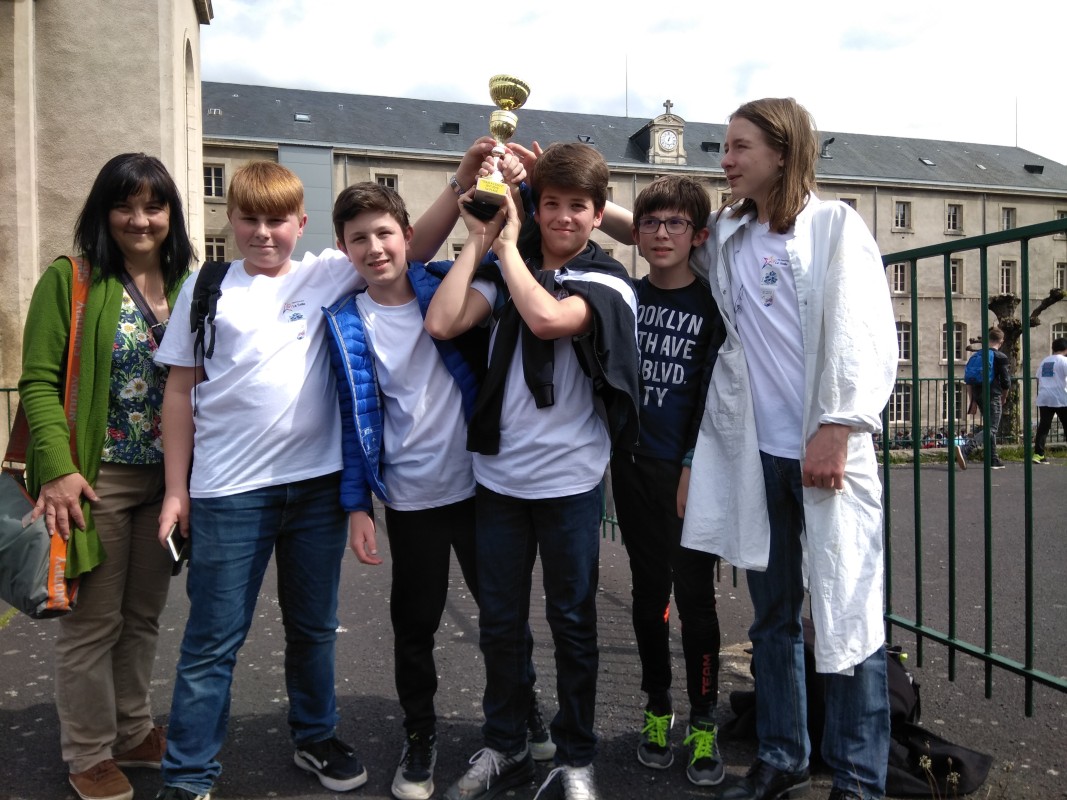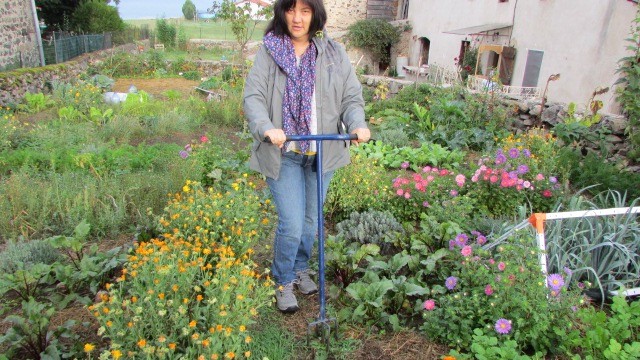A sunny town in the heart of France, cathedrals with spires and small one-family homes with beautifully arranged gardens, that is what Clermont- Ferrand is like, a town which stole the heart of a Bulgarian lady, a town where she has been living and teaching for more 10 years.

Diana Gueorguieva-Faye is from Sofia, and as a student at the Faculty of Biology of Sofia University St. Kliment Ohridski she decided to continue her studies in France. That is where she graduated from the university in Dijon – biology of populations and ecosystems, and then specialized ecology in Paris. She prepared her thesis at the museum of natural history in the capital, where she focused on social perception of environmental resources and how society uses them. She knew well that it is up to politicians for any new technologies to be implemented as an energy source, not biologists. That is why she decided to remain true to the science of nature and chose the profession of teacher.

What kept her in France was her education, but also the family she started while she was still at university.
“Here, as in Bulgaria, in small villages there are no trained people to become teachers. So, it was easy for me to find a job, they thought I would be useful, that I would be easily integrated, that I could take the pressure with the pupils and that I wouldn’t be too choosy,” she says.
“That is precisely what appeals to me, to help young children observe and explore the world, to help them admire nature, but most of all to help think of ways to preserve it. These are simple things but they are so important. The teacher’s profession takes me back to my childhood, to my roots, to the things I learnt in Bulgaria.”
Unlike so many people who prefer all the conveniences a city in another country has to offer Diana Gueorguieva-Faye decided to leave the city for a village. The family rented a farm some 20 kms. from the small town of Puy en Velay in southeastern France and she started to teach in nearby schools. She has never for a moment regretted this decision because she believes that in the country a family feels much better without modern technology, even without an internet connection.

“I got my family to move to the village 5 years ago and my husband even had to quit his stable job in the city. Our house has a big barn and a henhouse, I grow Bulgarian tomatoes and peppers in the garden. People like us who are looking for peace and quiet don’t want technology barging in. In many places here there is no internet. During the isolation I had no contact even with my pupils because many of them don’t have internet.”

“I observe all Bulgarian traditions – on 1 March I give my son and all my friends martenitsas to pin on their clothes,” Diana says. “At Easter I bring the children together and we dye eggs. I try to go back to Bulgaria every year and to show my son different places. We have been to the Rhodopes, we have taken strolls along the Danube. I think that what he likes best is the sense of freedom in Bulgaria. In France everything is private property and is fenced off, in Bulgaria that is not so, yet.”

Photos: courtesy of Diana Gueorguieva-Faye
Bulgaria's State Automobile Inspectorate (DAI) is the official body that deals with the control of heavy-duty traffic on the territory of the country, as part of the Executive Agency "Automobile Administration" (IAAA). Its work became the subject of..
With a concert by the Slavey Quartet created by folk singer Nadka Karadzhova and a conversation about the problems of our compatriots in the Western Outlands, the Cultural and Information Center of the Bulgarian Minority in..
Athens is under pressure to sell fighter jets that would be delivered to Ukraine Greece is reluctant to provide high-tech military equipment that could be used against Russia, reports BNR’s correspondent in Greece Katya Peeva...
Bulgaria's State Automobile Inspectorate (DAI) is the official body that deals with the control of heavy-duty traffic on the territory of the country, as..

+359 2 9336 661
